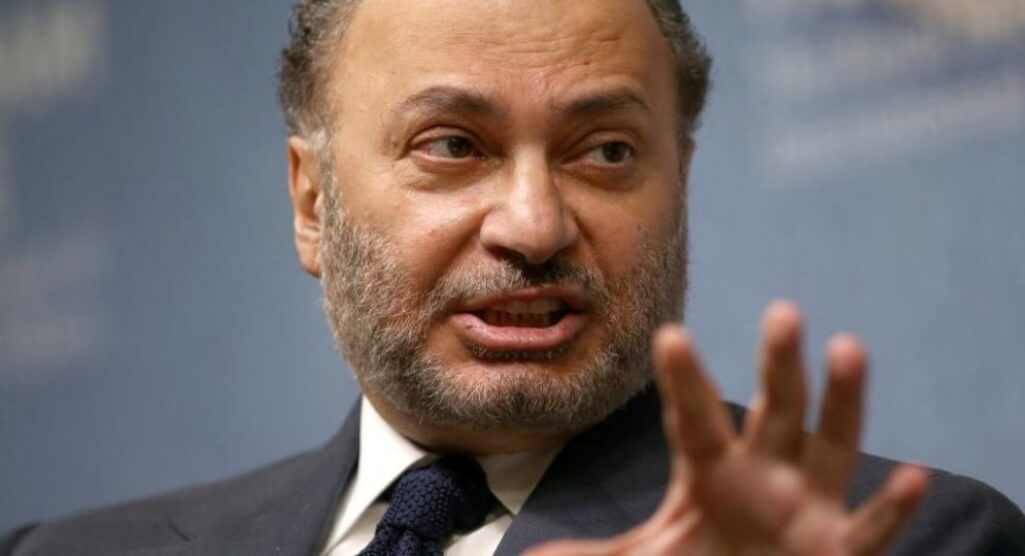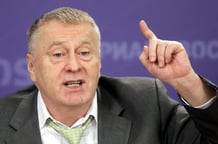A senior UAE official stressed on Wednesday the need to reduce escalation in the region in order to allow countries to focus on the “hurricane” caused by the Coronavirus and to think about development models.
Earlier on Wednesday, Iranian President Hassan Rouhani had threatened an “overwhelming response” if The United States went ahead with plans to extend the arms embargo against Iran, which is due to be lifted by the United Nations later this year.
In response to a question in an online discussion organized by the Beirut Summit Institute about whether there is concern that Iran might spark a confrontation in the region, UAE Minister of State for Foreign Affairs Anwar Gargash said, “We really need to focus on reducing escalation.”
“The region, like all regions of the world, will be weaker financially and politically. It would be wise to think about our own development models, reduce escalation and try to solve some problems. ”
Under Iran’s agreement with world powers to curb its nuclear program in exchange for the lifting of sanctions, the UN arms embargo is due to end in October. The United States, which withdrew from the agreement in 2018, says it wants to extend the ban.
Gargash said that countries will focus internally on the repercussions of the epidemic that has disrupted business worldwide.
He added that Gulf energy producers, who have also been affected by the collapse in oil prices, will need to accelerate economic diversification plans.
“We will have many questions about what the model of the rentier Gulf state represents. For many years we have tried to escape from this model with varying degrees of success, but I imagine that this will speed up the need to find something a little more sustainable. ”
He explained that labour market imbalances have also emerged as a major issue, although it is “too early” to take any action to restructure them.














